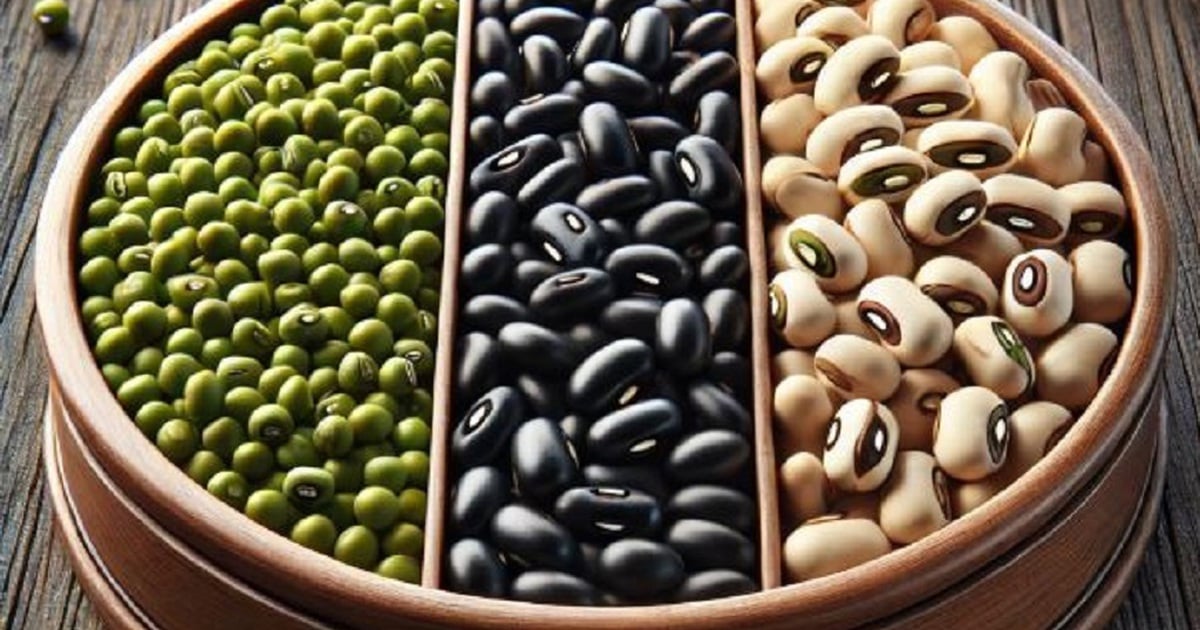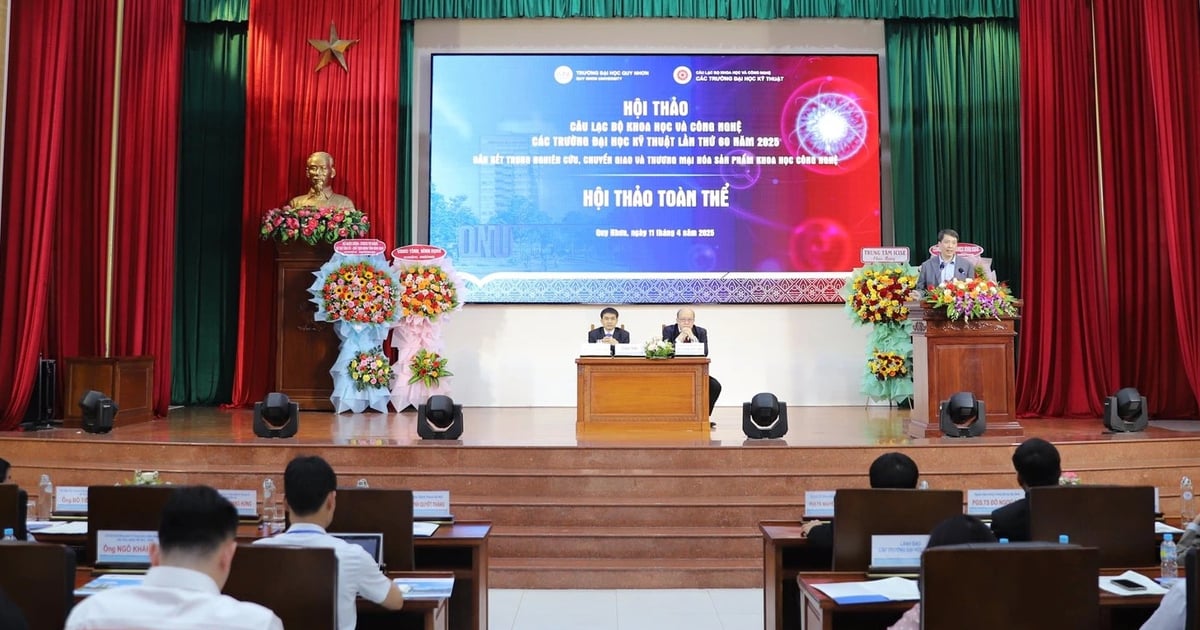There are many factors that affect a person's weight, such as body type, whether it is easy to accumulate fat or difficult to accumulate fat, basal metabolic rate, some genetic diseases...
Doctor Pham Anh Ngan, University of Medicine and Pharmacy Hospital, Ho Chi Minh City - Branch 3, said, "Why do some people eat a lot but still thin?" - this may be a funny question for those who easily gain weight even though they seem to eat little, but it is also a problem that needs to be understood by those who want to gain weight but eat a lot but are still thin. To answer this question, we need to understand the concepts of body factors that affect weight.
In 1940, American psychologist William H. Sheldon proposed a theory that body shape and physiological characteristics can be divided into 3 main types: ectomorph (thin body, difficult to accumulate fat), mesomorph (strong body, large and sturdy skeleton) and endomorph (fat body, easy to accumulate fat). In which, ectomorph is the group with a body that is difficult to accumulate fat, low fat ratio, difficult to gain muscle mass. People in this group will have difficulty gaining weight even when eating a lot and need a diet rich in calories, protein and healthy fats to support weight gain and muscle gain.

Body type is also one of the factors that affect weight, for example, thin people have a harder time accumulating fat.
The second factor that affects weight maintenance is basal metabolic rate. Some people have a naturally higher metabolic rate, burning more calories even at rest. High metabolic rates are often related to genetics or thyroid dysfunction. Metabolic rates can vary among ethnic groups due to the influence of genetics, body composition (muscle mass, fat mass), and endocrine hormones. For example, Asians, especially East Asians (such as Chinese, Japanese, Koreans), tend to have lower metabolic rates than whites and blacks. Studies in Japan and China have shown that metabolic rates are about 7-12% lower than Western populations of the same weight.
Some genetic diseases can affect the absorption of nutrients, such as cystic fibrosis caused by a gene mutation that causes a decrease in the function of the exocrine pancreas, leading to a lack of digestive enzymes. This results in the inability to digest fats, proteins, and some fat-soluble vitamins. Or like hereditary gluten intolerance caused by a mutation that destroys the intestinal villi, reducing the area for nutrient absorption. Hereditary carbohydrate malabsorption syndrome causes poor absorption of energy from starch, leading to malnutrition.

Metabolic rate and ability to absorb nutrients are also factors that affect a person's weight.
Some other causes of impaired nutrient absorption
According to Dr. Ngan, for healthy people, nutrient absorption can be reduced due to the following habits and factors:
- Eating too quickly and not chewing thoroughly reduces the ability to absorb nutrients.
- Taking too many supplements or drug interactions. In healthy people, taking multiple supplements can cause nutrients to compete with each other for absorption. For example, taking too much zinc can interfere with copper absorption.
- The impact of fiber in food groups:
- Insoluble fiber (such as cellulose) speeds up the movement of food through the intestines and may interfere with the absorption of fats and fat-soluble vitamins (A, D, E, K).
- Soluble fiber (such as pectin) can bind to bile acids and fats, reducing lipid absorption. Some foods contain natural substances that can inhibit digestive enzymes, such as Phytate in nuts and whole grains, reducing the absorption of minerals such as iron, zinc, and calcium. Tannin in tea and coffee, inhibits iron absorption. Protease inhibitors in raw beans (e.g. soybeans), reduce protein digestion.
According to traditional medicine, people who have difficulty gaining weight have certain physical conditions. Such as qi deficiency, yang deficiency, blood deficiency, yin deficiency, etc., which affect the transport function of the spleen and stomach. The cycle of weak physical condition combined with poor spleen and stomach function will affect the body's nourishment process.
In health preservation, traditional medicine places great emphasis on macrobiotics. For people with weak constitutions such as qi deficiency, it is necessary to focus on easily digestible foods such as sticky rice porridge, combined with spices such as ginger, fennel, herbs such as nutmeg, hawthorn, and tangerine peel.
For people with weak yang constitution, it is necessary to focus on foods with warming properties such as goat meat, black chicken, spices such as cinnamon, star anise, herbs such as cardamom, cardamom, lotus seeds...
Source: https://thanhnien.vn/vi-sao-mot-so-nguoi-an-nhieu-nhung-van-gay-185241121110148743.htm




![[Photo] "Beauties" participate in the parade rehearsal at Bien Hoa airport](https://vstatic.vietnam.vn/vietnam/resource/IMAGE/2025/4/11/155502af3384431e918de0e2e585d13a)

![[Photo] Looking back at the impressive moments of the Vietnamese rescue team in Myanmar](https://vstatic.vietnam.vn/vietnam/resource/IMAGE/2025/4/11/5623ca902a934e19b604c718265249d0)
























![[Photo] Summary of parade practice in preparation for the April 30th celebration](https://vstatic.vietnam.vn/vietnam/resource/IMAGE/2025/4/11/78cfee0f2cc045b387ff1a4362b5950f)




























































Comment (0)